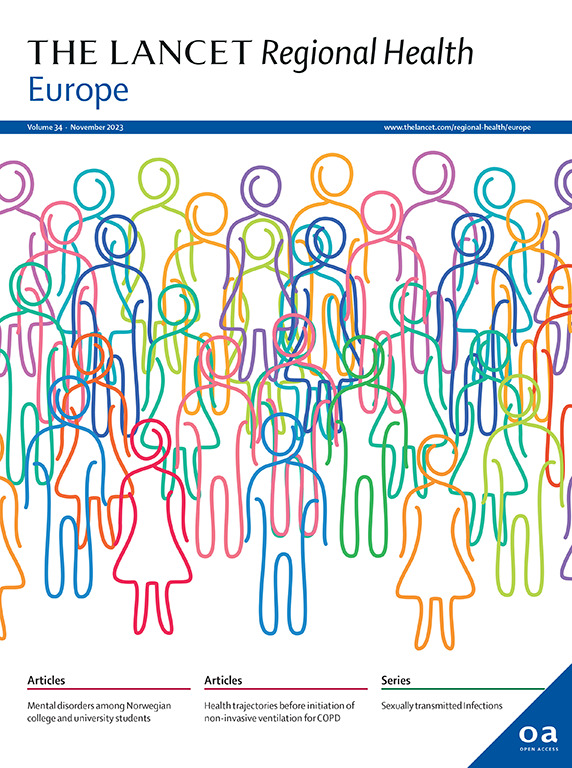Covid-19 and refugees, asylum seekers, and migrants in Greece
BMJ 2020; 369 doi: https://doi.org/10.1136/bmj.m2168 (Published 01 June 2020)Cite this as: BMJ 2020;369:m2168
- Elias Kondilis, associate professor of primary health care—health policy1,
- Karl Puchner, research fellow2,
- Apostolos Veizis, director3,
- Christos Papatheodorou, professor of social policy4,
- Alexis Benos, professor of hygiene, social medicine, and primary healthcare1
Douglas and colleagues correctly say that refugees, asylum seekers, and migrants are vulnerable to epidemics.1 Social distancing in the overcrowded places where they commonly reside is impossible, and early detection of cases is difficult owing to their exclusion from national healthcare plans.
Local outbreaks among refugees and migrants are expected in epidemics, outbreaks that might go unchecked or even concealed.2
In the covid-19 pandemic, the World Health Organization, the UN Refugee Agency, and the International Organisation for Migration have repeatedly recommended that national health and disease surveillance systems integrate refugees and migrants. Concrete decongestion plans of camps need to be prioritised, and vulnerable people need to be moved to safe accommodation.23
In Greece more than 60 000 refugees and migrants reside in 36 reception centres and camps, most of which run beyond their capacity, are overcrowded, and lack basic infrastructure—ideal environments for the spread of SARS-CoV-2.4 Early calls for the decongestion of these camps have remained unanswered by the Greek authorities.4
Three local outbreaks occurred in refugee camps on the Greek mainland between 2 April and 21 April.5 In all cases, detection of covid-19 clusters was accidental and late.
Covid-19 management in refugee camps remains under the jurisdiction of the Ministry of Migration and Asylum instead of the Ministry of Health. Early on, and lacking any evidence, refugees and migrants were stigmatised by government authorities as possible carriers of SARS-CoV-2, increasing public hostility and paving the way for the ongoing operational plan, which foresees the prolonged lockdown of all refugee and migrant camps (compared with the general population) and the onsite quarantine of any confirmed cases.
Early introduction of social distancing and isolation measures has successfully controlled the first wave of covid-19 epidemic in Greece.5 Immediate decongestion of refugee camps, full integration of refugee care in the national healthcare plan, and effective epidemiological surveillance and contact tracing systems for the entire population are public health prerequisites for sustaining this success.
References
- World Health Organization. Interim guidance: preparedness, prevention and control of coronavirus disease (Covid-19) for refugees and migrants in non-camp settings. 17 April 2020. https://www.who.int/publications-detail/preparedness-prevention-and-control-of-coronavirus-disease-(covid-19)-for-refugees-and-migrants-in-non-camp-settings
- Inter-Agency Standing Committee. Interim guidance: scaling-up covid-19 outbreak readiness and response operations in humanitarian situations, including camps and camp-like settings (jointly developed by IFRC, IOM, UNHCR and WHO). 17th March 2020. https://interagencystandingcommittee.org/other/interim-guidance-scaling-covid-19-outbreak-readiness-and-response-operations-camps-and-camp
- Hargreaves S, Kumar BN, McKee M, Jones L, Veizis A. Europe’s migrant containment policies threaten the response to covid-19. BMJ2020;368:m1213.doi:10.1136/bmj.m1213 pmid:32217531
- Kondilis E, Pantoularis I, Makridou E, Rotulo A, Seretis S, Benos A. Critical assessment of preparedness and policy responses to SARS-CoV2 pandemic: international and Greek experience. CEHP Report 2020.2. 2020. https://www.healthpolicycenter.gr
all the publication at https://www.bmj.com/content/369/bmj.m2168





